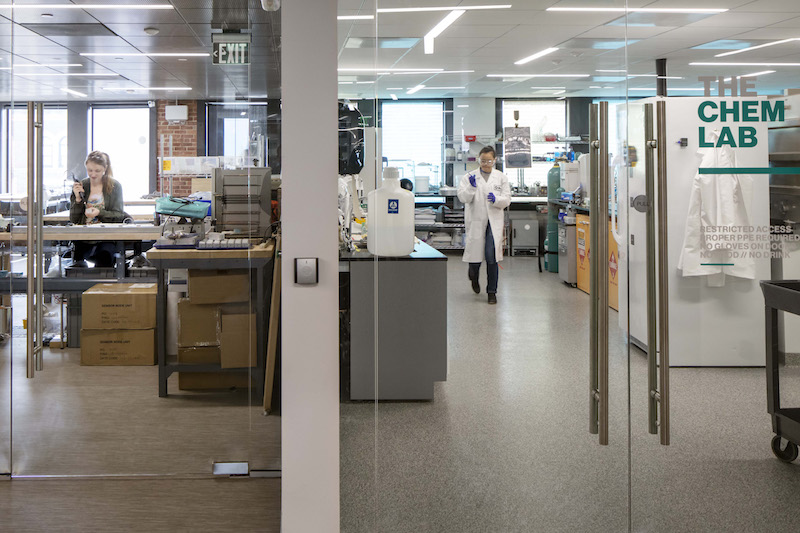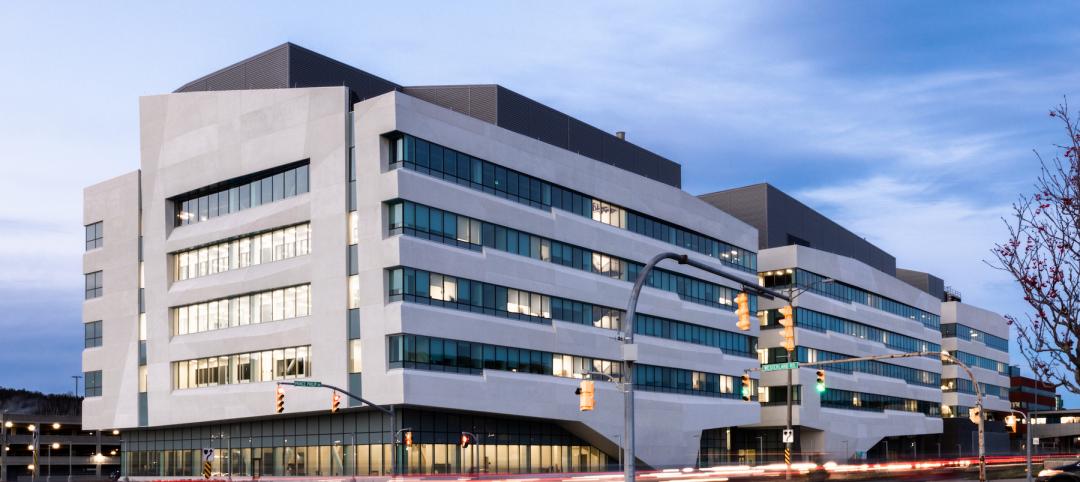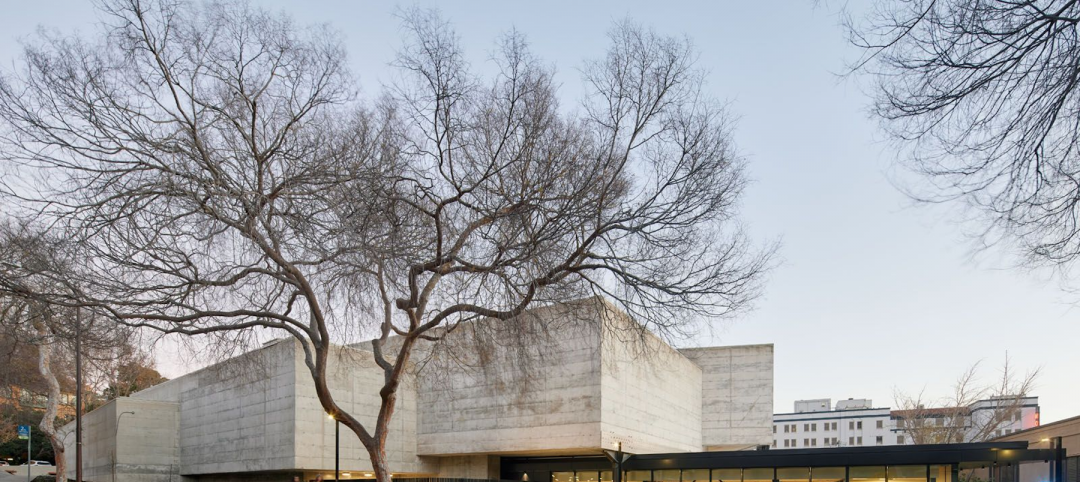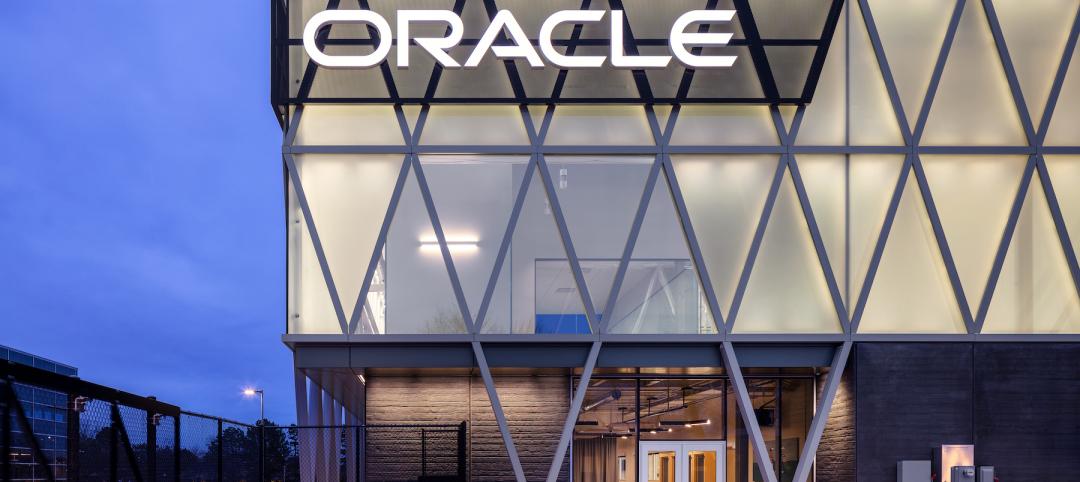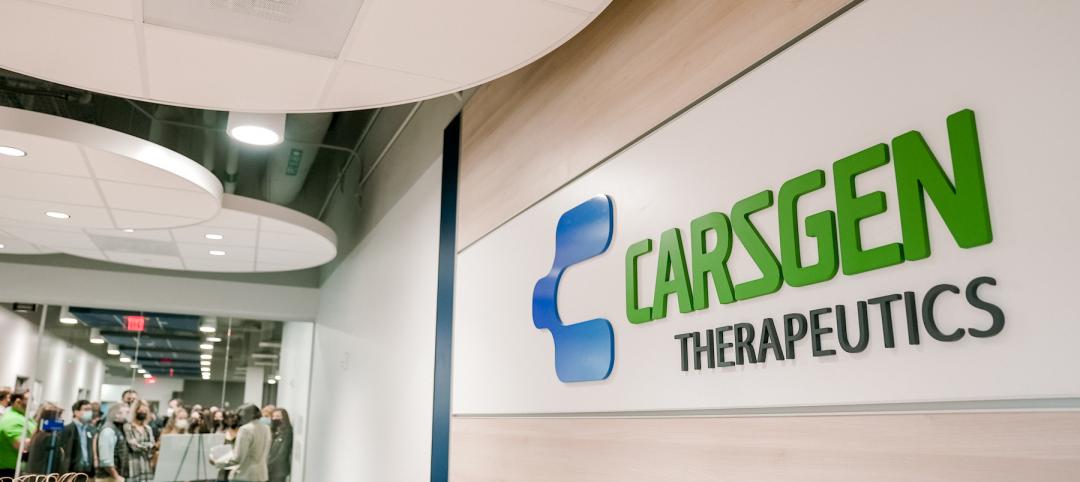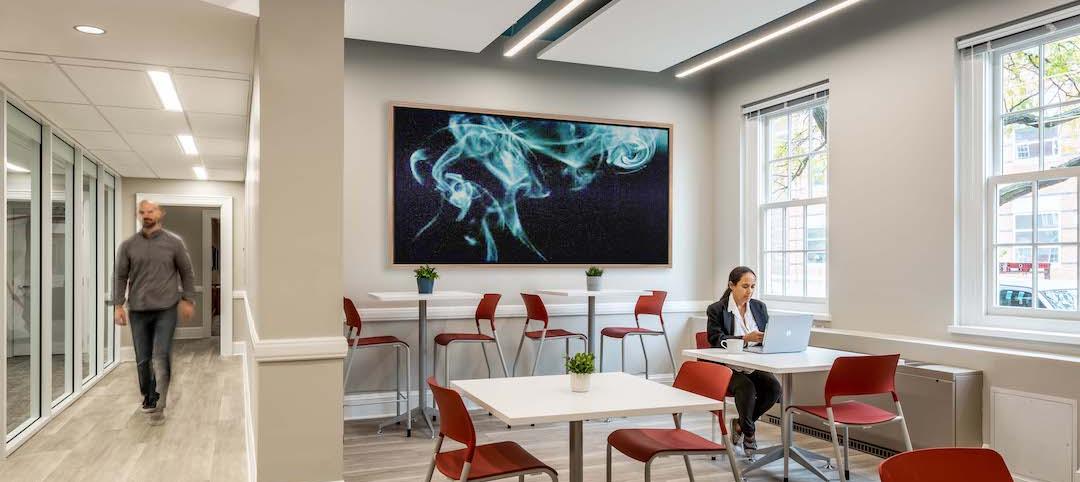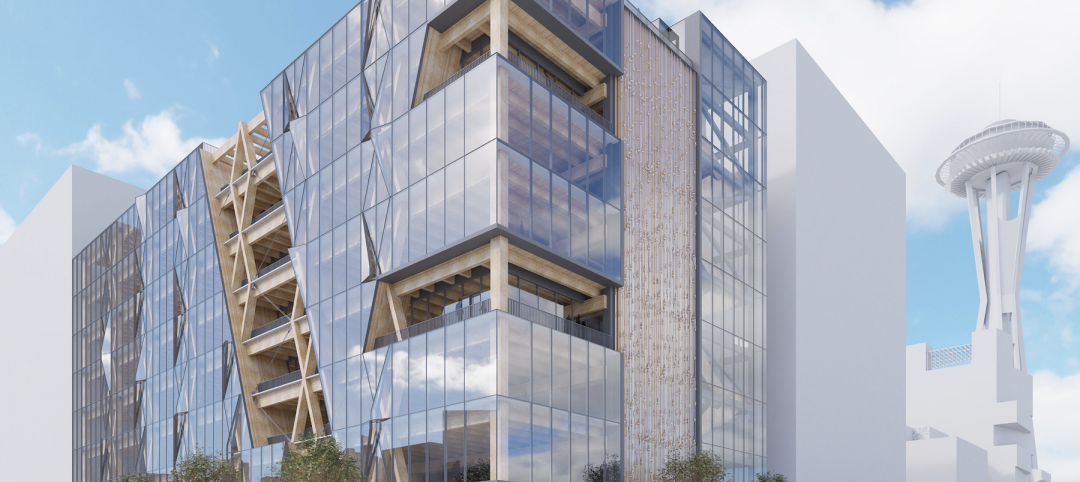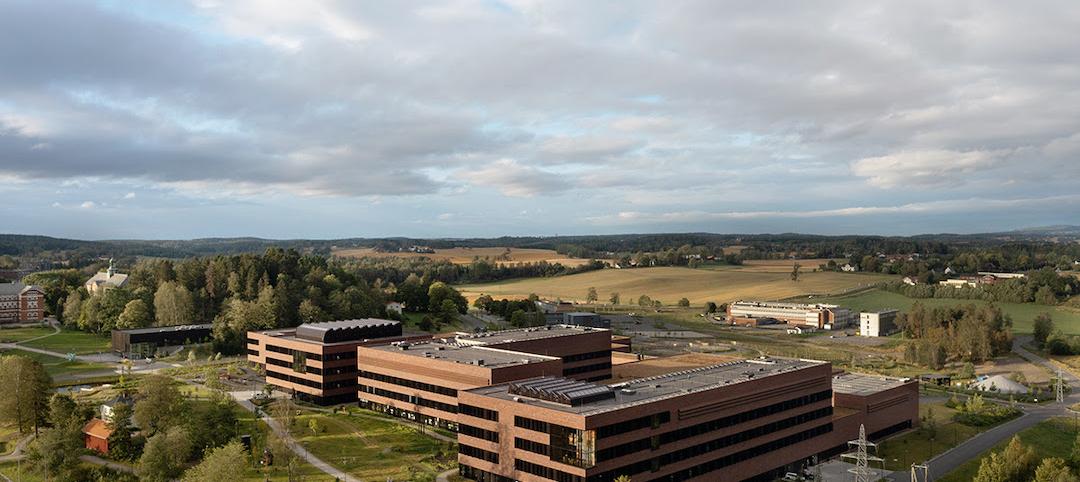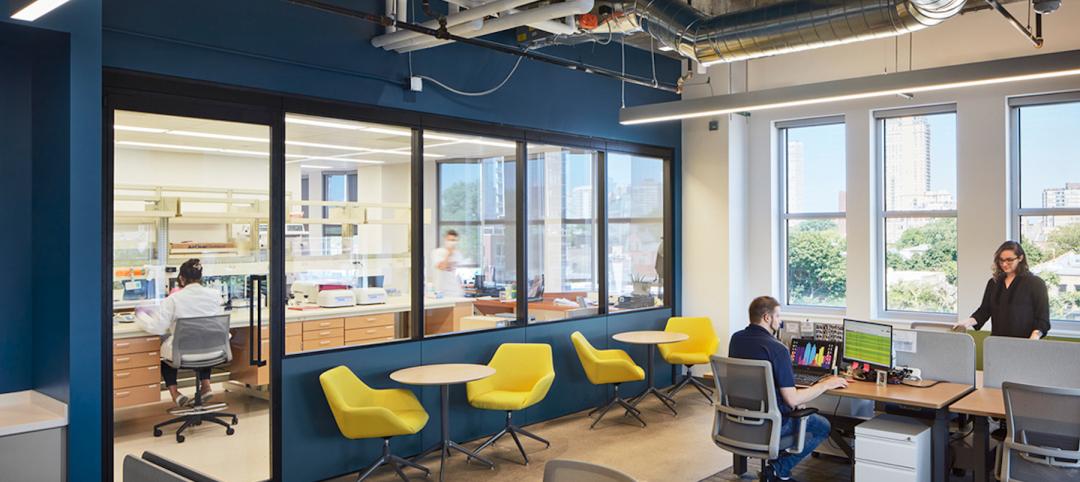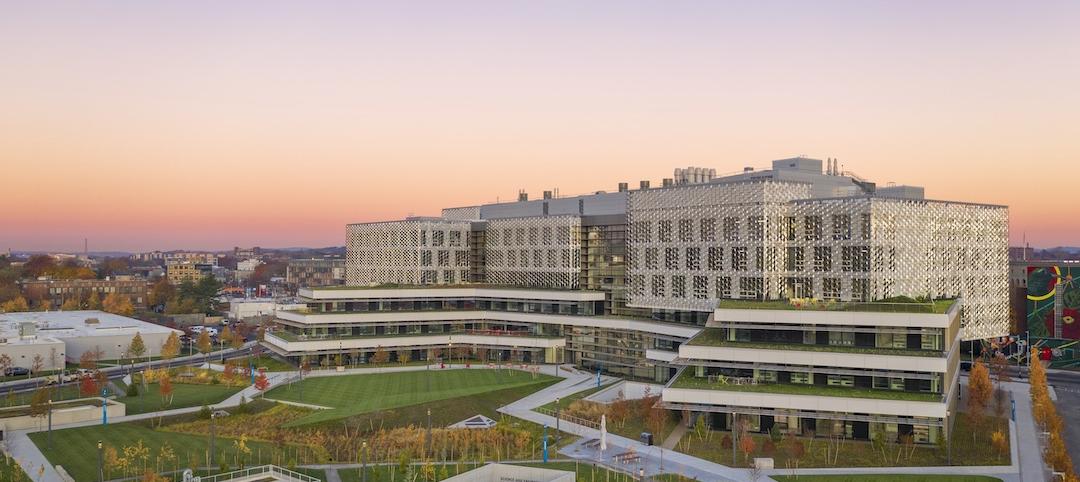Located in “the most innovative square mile on the planet” in Cambridge’s Innovation District, The Engine represents a new accelerator facility and incubator space for the Massachusetts Institute of Technology.
Designed by SGA, the 26,000-sf innovation hub will support technologies that are slow to develop and often take years to bring in revenue. These technologies will included robotics, manufacturing, medical devices, and energy. The facility will provide technical facilities, financial stability, specialized equipment, streamlined business services, connections to influential alumni, and experts in a variety of fields.
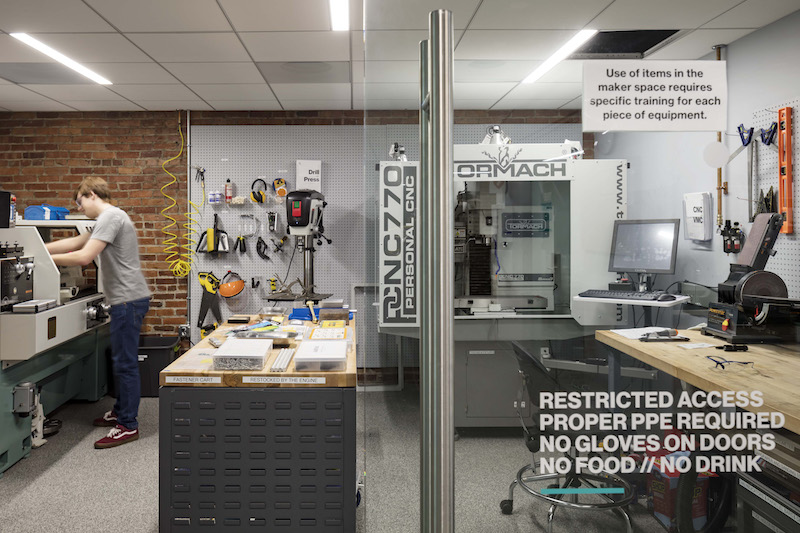
Virtual Design and Construction technology was used heavily in the design process. SGA virtually rendered The Engine’s reception, cafe, and training areas. Using this technology helped “MIT envision the space and expedite stakeholder decisions,” according to SGA Partner Adam Spagnolo.
The Engine is jointly backed by MIT and additional venture capital funding, including Massachusetts luminaries such as Robert Kraft (Owner of the New England Patriots).
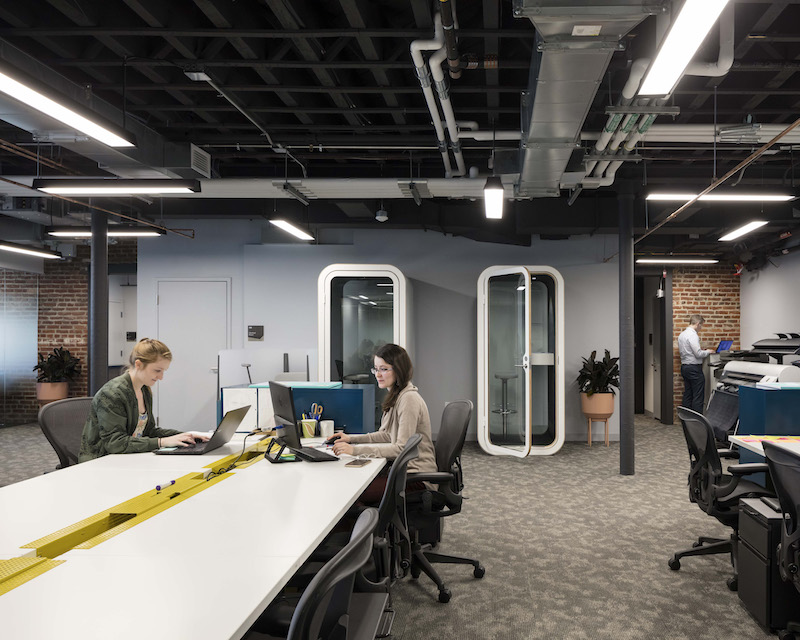
See Also: This space hotel design from MIT won NASA’s graduate design competition
Related Stories
University Buildings | Jun 7, 2022
Newfoundland university STEM building emulates natural elements, local traditions
Memorial University of Newfoundland (MUN) recently opened a new building that will provide interdisciplinary learning and research space for Faculties of Science and Engineering.
Laboratories | May 20, 2022
Brutalist former Berkeley Art Museum transformed into modern life science lab
After extensive renovation and an addition, the former Berkeley Art Museum and Pacific Film Archive at the University of California, Berkeley campus reopened in May 2022 as a modern life science lab building.
Laboratories | Apr 29, 2022
Oracle Industry Lab in Chicago enables development of solutions for multiple industries
The Oracle Industry Lab in Chicago, which provides customers in multiple industries the opportunity to test new technologies, recently opened.
Laboratories | Apr 7, 2022
North Carolina's latest play for biotech real estate development
The Tar Heel State is among a growing number of markets rolling out the welcome mat for lab spaces.
Projects | Mar 11, 2022
Studying science in the sky
In sharp contrast to other types of commercial real estate, the life sciences market is booming, according to SGA, an architecture firm based in Boston and New York that has extensive experience designing life sciences buildings.
Laboratories | Feb 10, 2022
Historic building becomes a research science incubator
Svigals + Partners designed the project.
Laboratories | Feb 8, 2022
A new concept for science buildings emphasizes construction speed and design flexibility
The NEXT prototype—devised by Gensler, KPFF, and Buro Happold—also leans toward decarbonization and wellness.
Laboratories | Feb 3, 2022
New veterinarian building is Norway’s largest ever development in the university sector
The project is one of the largest and most complex ever undertaken in Norway.
Laboratories | Jan 28, 2022
3 must-know strategies for developers in today’s life sciences industry
While the life sciences industry had been steadily growing, this growth exploded when the pandemic arrived—and there is no indication that this lightning-fast pace will slow down any time soon.
Laboratories | Jan 17, 2022
A health crisis gives life to life sciences
Construction and renovation projects are heaviest in markets with consistent talent streams.


